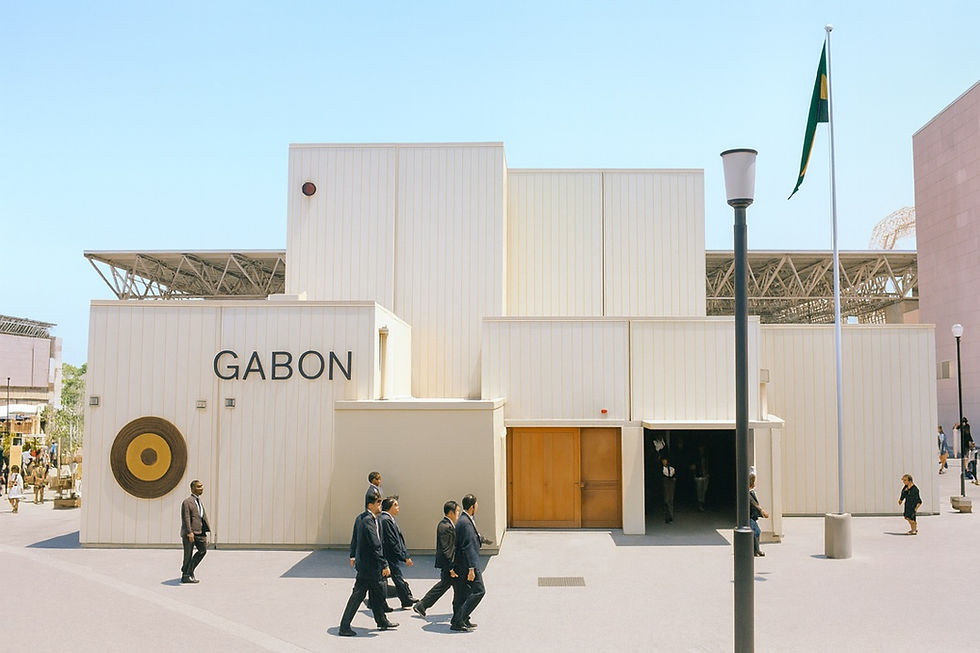Gabon: A Country of Exceptional Biodiversity Facing a Unique Opportunity for Economic Diversification through Iboga
- Mavikana
- Jan 11, 2025
- 2 min read
Updated: Jan 24, 2025
Gabon, a country known for its exceptional biodiversity, is presented with a unique opportunity to diversify its economy through Iboga, an endemic plant renowned for its therapeutic, spiritual, and economic properties. As the nation embarks on a significant political transition under the leadership of the CTRI, this sacred plant could become a strategic pillar for sustainable development, aligning with aspirations of economic independence and cultural preservation.

Iboga: An Invaluable Resource
Traditionally used in Bwiti initiation rites, Iboga has emerged as a solution to contemporary challenges. On the international stage, the plant is gaining recognition, notably through initiatives such as the proposed legislation in New York to legalize the use of ibogaine for medical purposes. This context provides Gabon with an opportunity to position itself as a global leader in this unique resource.

A Sector with Major Economic Potential
The economic projections are compelling. On 1,000 hectares, the production of Iboga could generate between 600 and 6,000 billion XAF in annual revenues depending on market prices. Simultaneously, this industry could create 20,000 direct jobs and thousands of indirect jobs, strengthening social inclusion while reducing dependence on oil.
The creation of a National Iboga Bureau, combined with investments in scientific research and infrastructure, could elevate Gabon as a global reference. Furthermore, integrating traditional medicine into the Gabonese healthcare system would pave the way for new international collaborations.

National and International Mobilization
Faced with these opportunities, the Gabon Terre d’Avenir (GTA) NGO is actively advocating for the valorization of Iboga, particularly through the promotion of Mayay capsules, the first Iboga-based product labeled in Gabon. The organization is calling for National Iboga Conferences, an event that would bring together local and international stakeholders to define a common strategy. These conferences would aim to:
1. Raise awareness of Iboga’s cultural and economic importance.
2. Structure the sector for sustainable exploitation.
3. Position Gabon as a key player in the global market.
A Vision Aligned with Political Transition
The CTRI, committed to economic and societal modernization, has the opportunity to include Iboga in an ambitious national strategy. This initiative aligns with a vision of economic sovereignty, natural resource protection, and the promotion of local knowledge. By adopting progressive policies, Gabon could not only become a model of sustainability but also a hub for attracting investors and researchers.

Conclusion: A Key to the Future
Iboga, often referred to as the “sacred wood,” represents much more than an economic resource. It embodies a bridge between tradition and modernity, between culture and innovation. By ethically and sustainably harnessing this national treasure, Gabon can not only diversify its economy but also strengthen its cultural identity on the international stage.
Sacred by its history, key to our future, Iboga calls for collective mobilization. Together, let us make Gabon the beating heart of this green revolution.
Dr MBOUSSOU Yoan
Medical Microbiologist




Comments